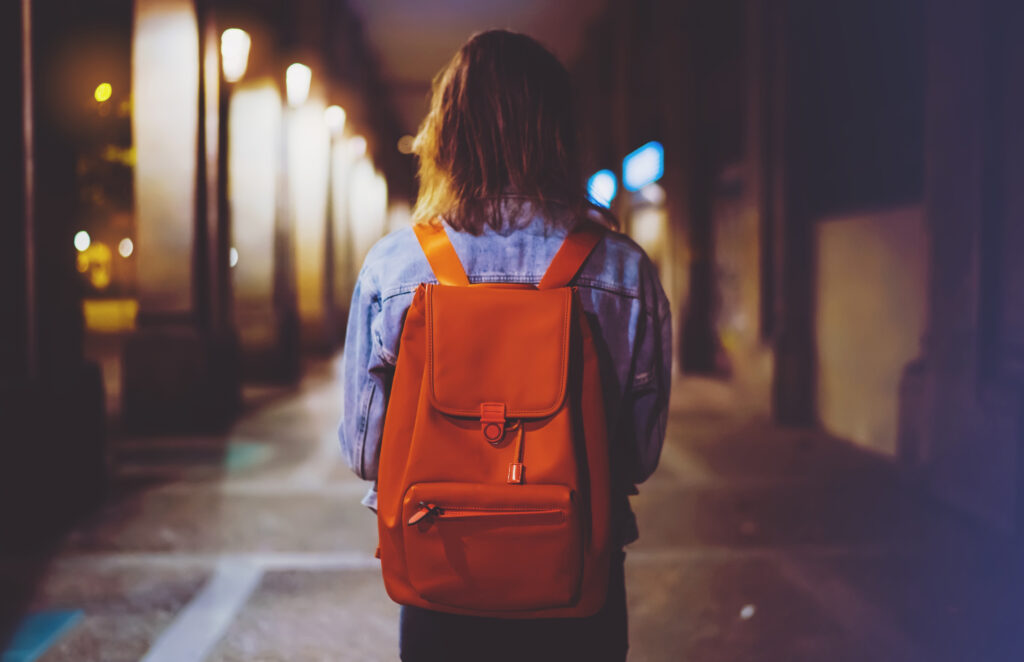From 1 Feburary 2025, a new national body – the National Student Ombudsman – will have extensive powers to investigate how universities tackle sexual violence, racism and other issues facing tertiary students, including international students.
A 2024 study found that only five out of Australia’s 41 universities actively survey students about their experiences with racism. This lack of institutional awareness and accountability suggests that the issue may be more widespread than reported. The Australian Human Rights Commission has also raised concerns about bias in academic settings, urging universities to adopt stronger policies to combat discrimination.
In response to increasing concerns about student welfare, the Australian government launched the National Student Ombudsman in February 2025. This independent body is tasked with investigating complaints from students regarding misconduct, unfair treatment, and systemic failures within universities. The establishment of this office provides students with a formal avenue to seek redress when they face discrimination or other grievances related to their education.
While the Ombudsman’s role is expected to bring more accountability to the higher education sector, experts warn that it is not a complete solution. The effectiveness of the initiative depends on student awareness, institutional cooperation, and the willingness of universities to implement recommended changes.
Next week, the federal government will also introduce legislation to set up a National Higher Education Code to Prevent and Respond to Gender-based Violence. If universities do not adhere to their obligations under the new code to prevent and respond to sexual violence in their institutions they could face major funding cuts.
Sarah Bendall, leader of the ombudsman, has said they will be transparent around data to help identify the main issues facing students while maintaining confidentiality.
“It’s not a bad thing to complain; complaining can be positive and empowering and it can also help to create change so that others don’t experience the same issue,” she said.
This means that you can feel confident and secure in coming forward with issues.
“We think we’re going to get a really broad range of complaints, for example, whether universities are offering sufficient supports to student victim survivors of sexual assault,” shares Ms Bendall.
“We could get complaints about discrimination or racism perpetrated by the university, or where the student believes the university has not done enough to ensure a safe environment for them.”
The ombudsman will also be able to handle complaints about support offered to international students.
Ombudsman Iain Anderson said once the code was in place, the ombudsman would be able to refer its findings directly to the Department of Education, which can enforce penalties.
If you require support, know support is available. Please contact any of the following organisations with questions or for help:
Sexual assault support services:
- 1800 Respect national helpline: 1800 737 732
- Sexual Assault Counselling Australia: 1800 385 578
- Bravehearts (support for child sexual abuse survivors): 1800 272 831
- Lifeline (24-hour Crisis Line): 131 114
- Victims of Crime Helpline: 1800 819 817
If you experience violence, abuse or other criminal behaviour, immediately contact emergency services by calling Triple Zero (000).
After any instance of racism that you have experienced, report it to the Australian Human Rights Commission online or call 1300 656 419 for more information.





